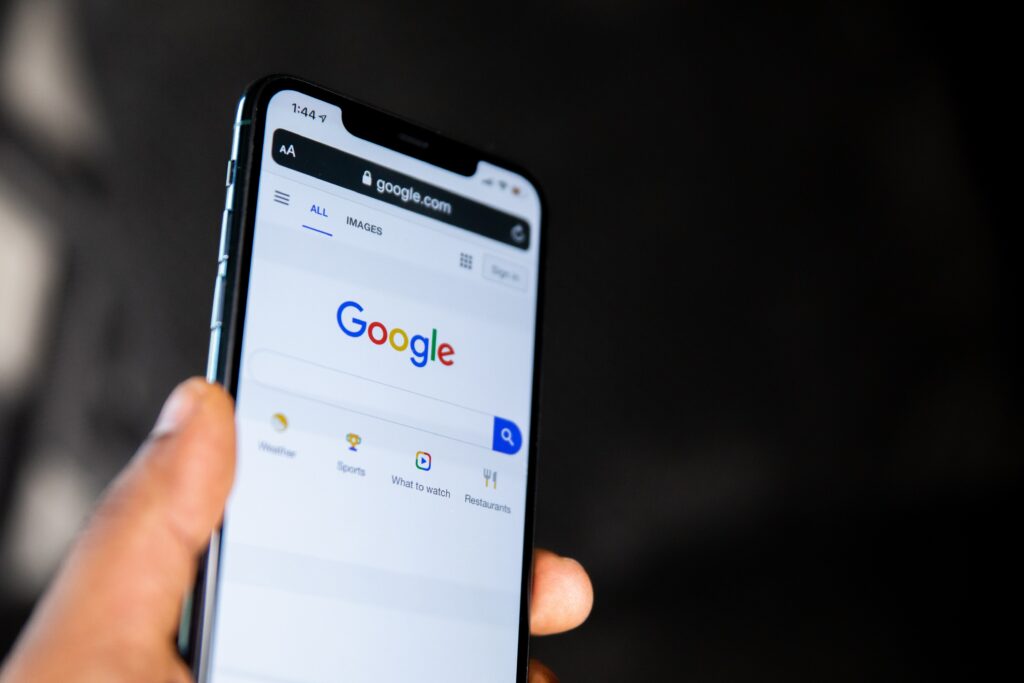As the world becomes increasingly digital, keywords have become a crucial element in online communication. They help us find what we’re looking for and ensure that our content reaches the right audience. However, not all keywords are created equal. In fact, some can be downright harmful – especially when they target marginalized communities like a monkey holding a box. This blog post delves into the impact of targeting problematic keywords on these groups and sheds light on why it’s important to rethink our approach to online language use. So buckle up and get ready to explore this timely topic with us!
Introduction to Targeting Problematic Keywords
When it comes to marketing and advertising, targeting specific keywords is essential to reaching the right audience. However, some keywords can be problematic, particularly for marginalized communities. This can lead to ads and content that are offensive or even harmful.
There are a few ways to avoid targeting problematic keywords. First, consider the context in which the keyword will be used. Is it likely to be associated with negative connotations? Second, research the keyword to see how it’s being used currently. If it’s being used in a way that is offensive or harmful, it’s best to avoid it.
Of course, not all problematic keywords can be avoided. In those cases, it’s important to be mindful of how the keyword is being used and make sure that any content that includes it is respectful and sensitive to the experiences of marginalized communities.
How Targeting Problematic Keywords Affects Marginalized Communities
When targeting problematic keywords, it is important to consider how this might affect marginalized communities. Some keywords may be associated with negative stereotypes or offensive language. If these keywords are targeted, it could result in ads that are offensive or harmful to marginalized groups. Additionally, targeting certain keywords could exclude marginalized groups from seeing ads altogether. For example, if a company only targets keywords related to “men’s products,” then women and other gender minorities will not see those ads. This can result in lost sales and opportunities for these groups. Furthermore, problematic keywords can also be used to track and target individuals within marginalized communities. For instance, if someone searches for a keyword associated with their race or ethnicity, they may be more likely to see targeted ads that are racially discriminatory. Targeting problematic keywords can have a number of negative consequences for marginalized communities. It is important to be aware of these potential impacts before targeting any keywords.
Examples of Problematic Keywords Used for Targeting
There are a number of problematic keywords that can be used for targeting marginalized communities. Some of these keywords include:
– poor
– filth
– ghetto
– dangerous
-crime ridden
Using these keywords to target marginalized communities can have a number of negative consequences. First, it reinforces the negative stereotypes that exist about these communities. Second, it can make people living in these communities feel like they are not worth advertising to or engaging with. It can lead to less advertising and investment in these areas, further exacerbating the problems that already exist.
Strategies to Address the Use of Problematic Keywords in Advertising
There are a number of strategies that marketers can employ to address the use of problematic keywords in advertising. First, it is important to be aware of the potential for harm that such keywords can cause. Second, marketers should consider the context in which the keywords are being used.Third, marketers should consult with stakeholders from marginalized communities to get their perspectives on the use of such keywords. Marketers should consider alternative ways to target consumers without using problematic keywords.
By being aware of the potential for harm that problematic keywords can cause, marketers can take steps to avoid causing offense or further marginalizing already marginalized groups. One way to do this is to consider the context in which the keywords are being used. For example, if a marketer is targeting ads for a product or service to people who live in poverty-stricken areas, they may want to avoid using keywords that paint a negative picture of those individuals or their circumstances. Instead, they could use neutral or even positive keywords that convey a more accurate and respectful portrayal of their lives and experiences.
Another strategy is to consult with stakeholders from marginalized communities to get their perspectives on the use of such keywords. This can help marketers understand how particular words or phrases may be received by members of those communities and what alternatives might be more appropriate. Additionally, it can help build trust and goodwill between businesses and marginalized groups. Marketers should consider alternative ways to target consumers without using problematic keywords.
Impact of Google Removing Offensive Keywords from its Database
When Google removed offensive keywords from its database, it had a significant impact on marginalized communities. The removal of these keywords made it more difficult for people to find information about marginalized communities online. This, in turn, made it more difficult for marginalized communities to get the information they need to improve their lives.
The removal of these keywords also had an impact on the way that people view and interact with marginalized communities. Without these keywords, people are less likely to search for information about marginalized communities. This may lead to a decrease in understanding and empathy for these groups of people.
Conclusion
Targeting problematic keywords has a huge impact on marginalized communities. It can lead to the spread of misinformation, cause emotional distress, and make it difficult for people who belong to these communities to find accurate information online. It is essential that companies become aware of the implications of their keyword choices in order to protect vulnerable groups from potential harm. By understanding why certain keywords may be considered offensive and taking steps to avoid them, we can make sure everyone has access to reliable information online without fear or prejudice.

